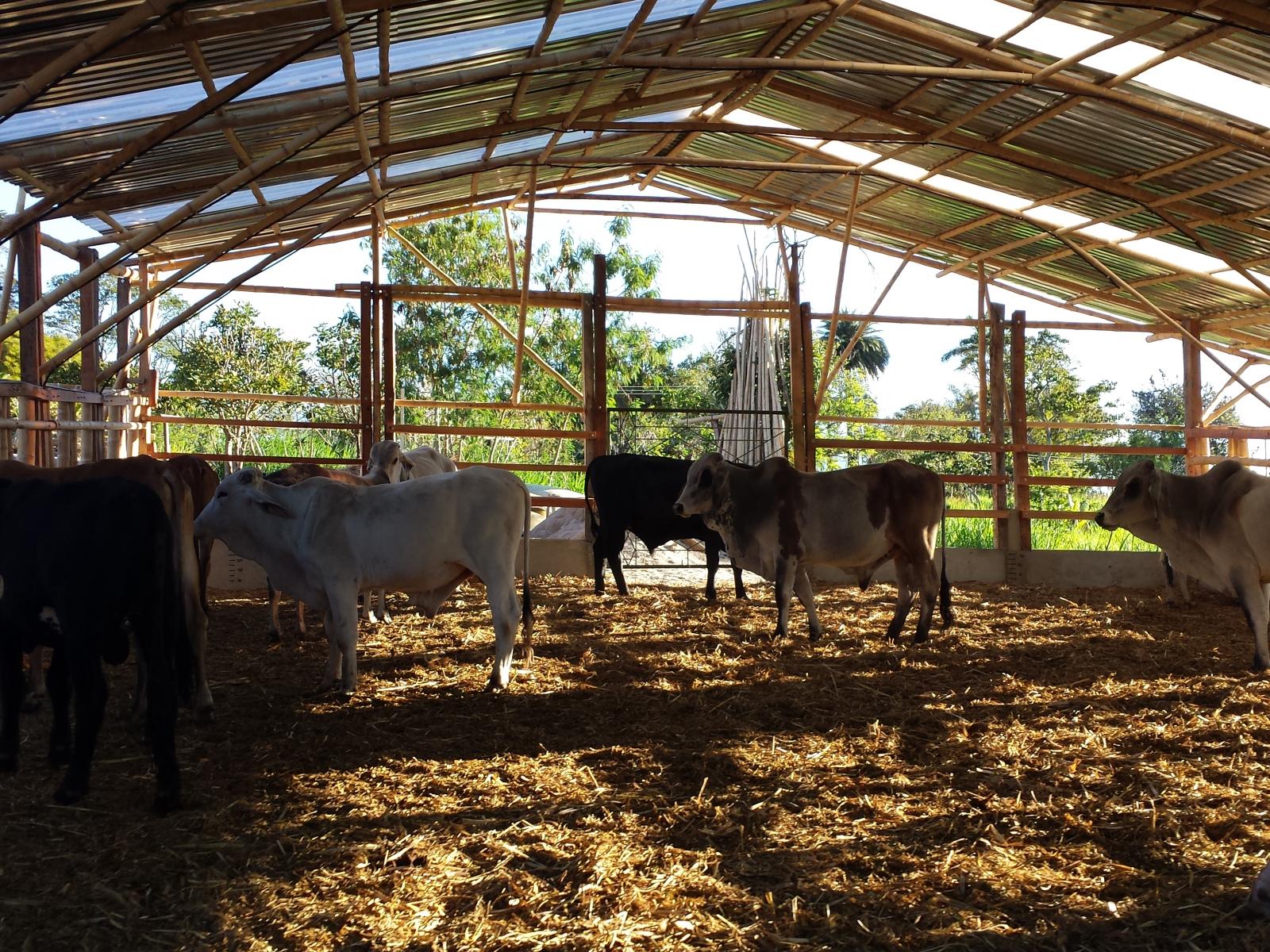An Overview Of Our Solution
- Population Impacted:
- Continent: South America
Organization type
Population impacted
Size of agricultural area
Production quantity
People employed
Describe your solution
Describe your implementation
External connections
What is the environmental or ecological challenge you are targeting with your solution?
Describe the context in which you are operating
The department of Nariño is Colombia´s largest producer of illegal coca. The land planted with coca is a double victim to the chemical industry. First, the growers, mostly poor campesinos without livelihood options, apply agro-toxins liberally. Secondly, the government has fought the illicit cultivation with aerial and localized spraying of glyphosate. This dual activity has left much of the territory dead in terms of soil. The campesinos who wish to return to legality face an enormous challenge in exiting the vicious circle of coca. On average, the property area of campesinos in Nariño is 1 hectare, which greatly limits scales of production. For this reason, Villa Loyola has been training campesinos, through a host of organic techniques, how to reap a higher quality of product, particularly coffee, capable of fetching more just prices in national and international markets. Local food security suffers for a lack of knowledge as how to use, prepare and transform fruits and vegetables.
How did you impact natural resource use and greenhouse gas emissions?
Language(s)
Social/Community
Water
Food Security/Nutrition
Economic/Sustainable Development
Climate
Sustainability
Direct costs of production are covered by sales of coffee (local and export consumption) bamboo, products from our carpentry shop, beef, compost, seedlings, fruits, vegetables. We also receive revenue from food and lodging services we offer to groups of students, campesinos, producers, coffee experts etc. Infrastructure investments and expansion of cultivation are financed by the grade and high school, which uses the farm daily for integrated pedagogical activities. These expenses are carefully calculated to recover costs within a responsible period of time. VL continues to increase both its productivity and profitability, reinvesting its profit into farm operations by hiring more local workers and experimenting with improved techniques
Return on investment
Entrant Banner Image

